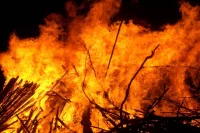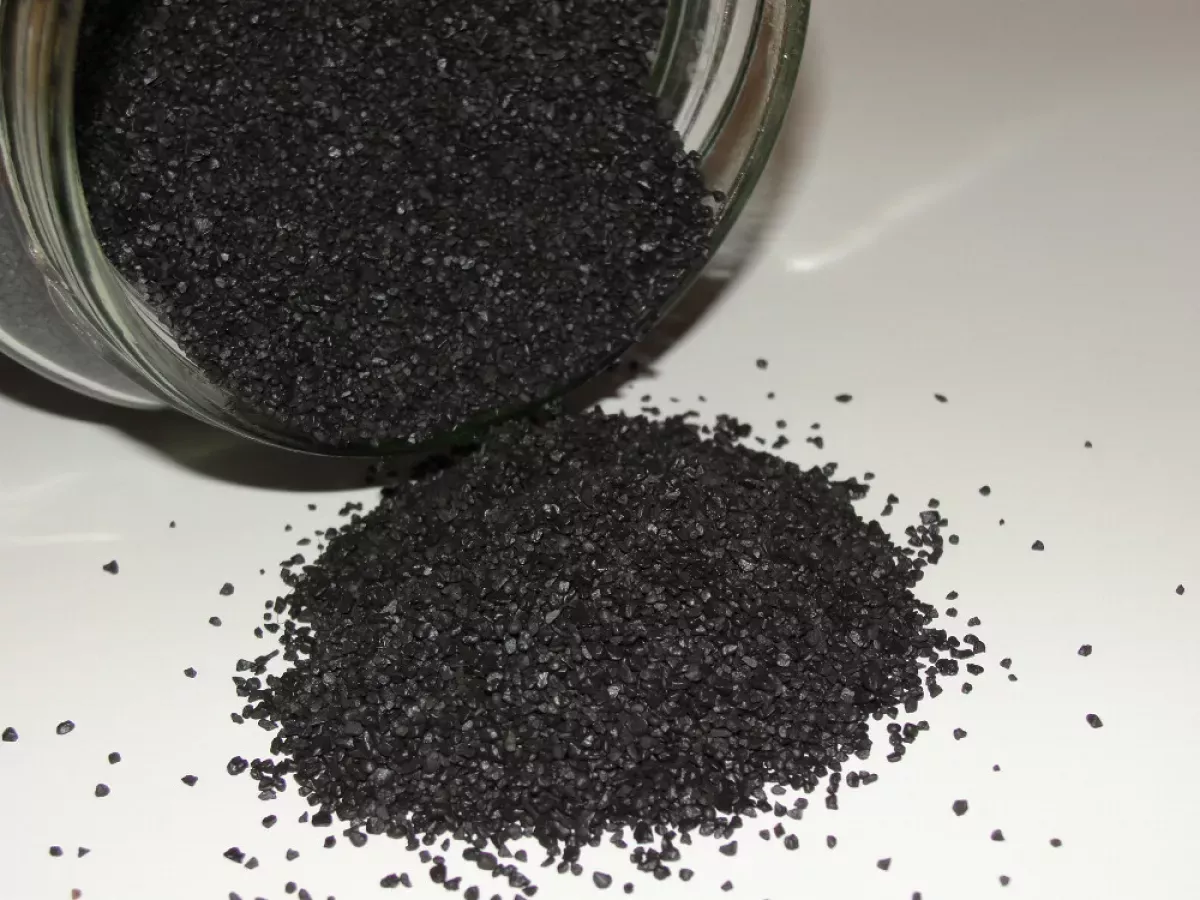Gunpowder, also known as black powder, is the oldest known chemical explosive. It is composed of sulfur and carbon, which serve as fuels, and potassium nitrate (saltpeter), which acts as an oxidizer. Gunpowder has been extensively utilized as a propellant in various applications, such as firearms, artillery, rocketry, and pyrotechnics. It has also been employed as a blasting agent in quarrying, mining, and construction projects like pipelines, tunnels, and roads.
1911: Development of Lesmok Powder
DuPont developed Lesmok powder, a semi-smokeless powder combining black and nitrocellulose powder, in 1911.
1926: Formation of Nobel Industries Limited
Multiple British gunpowder manufacturers, including Explosives Trades Limited, merged to form Nobel Industries Limited in 1926, later becoming a founding member of Imperial Chemical Industries (ICI).
December 1931: Closure of Curtis & Harvey's Glynneath Gunpowder Factory
In December 1931, the Curtis & Harvey's Glynneath gunpowder factory located in Pontneddfechan, Wales, ceased operations.
1932: Demolition of Curtis & Harvey's Glynneath Factory
Following its closure, the Curtis & Harvey's Glynneath gunpowder factory, situated in Pontneddfechan, Wales, was destroyed in a fire in 1932.
1941: Bombing of Royal Gunpowder Factory, Waltham Abbey
In 1941, a German parachute mine inflicted significant damage upon the Royal Gunpowder Factory at Waltham Abbey, leading to its permanent closure.
1947: Discontinuation of Lesmok Powder
Winchester discontinued the sale of Lesmok powder in 1947.
1954: Closure of ICI Nobel's Roslin Gunpowder Factory
ICI Nobel's gunpowder factory in Roslin ceased operations in 1954.
1966: MIT Press Reprint of "De la pirotechnia"
In 1966, MIT Press reprinted Vannoccio Biringuccio's "De la pirotechnia," a significant text on pyrotechnics originally published in 1540.
October 1976: Closure of ICI Nobel's Ardeer Gunpowder Factory
The gunpowder production area of ICI Nobel's Ardeer site in Scotland, the last operational gunpowder factory in Great Britain, closed in October 1976.
Mentioned in this timeline

Fire is a rapid oxidation process called combustion releasing heat...
Trending

The Miracle on Ice was an unexpected victory by the United States men's ice hockey team over the heavily favored...
8 months ago Chiefs Dominate 2025 NFL Schedule with Seven Prime-Time Games

Mandel Mandy Bruce Patinkin is a versatile American actor and singer recognized for his work in musical theatre television and...

8 months ago Trump's White House Rose Garden Paving Sparks Controversy After Melania's Redesign; Bulldozing Begins.
2 months ago Hall High School in West Hartford went into secure mode; no weapon found.

3 months ago Upstart's Q3 Earnings: Mixed Results, Soft Q4 Guidance, and Stock Slides After Announcement.
Popular

Thomas Douglas Homan is an American law enforcement officer who...

XXXTentacion born Jahseh Dwayne Ricardo Onfroy was a controversial yet...

William Franklin Graham III commonly known as Franklin Graham is...

Jupiter is the fifth and largest planet from the Sun...

Instagram is a photo and video-sharing social networking service owned...

KFC or Kentucky Fried Chicken is an American fast-food chain...
